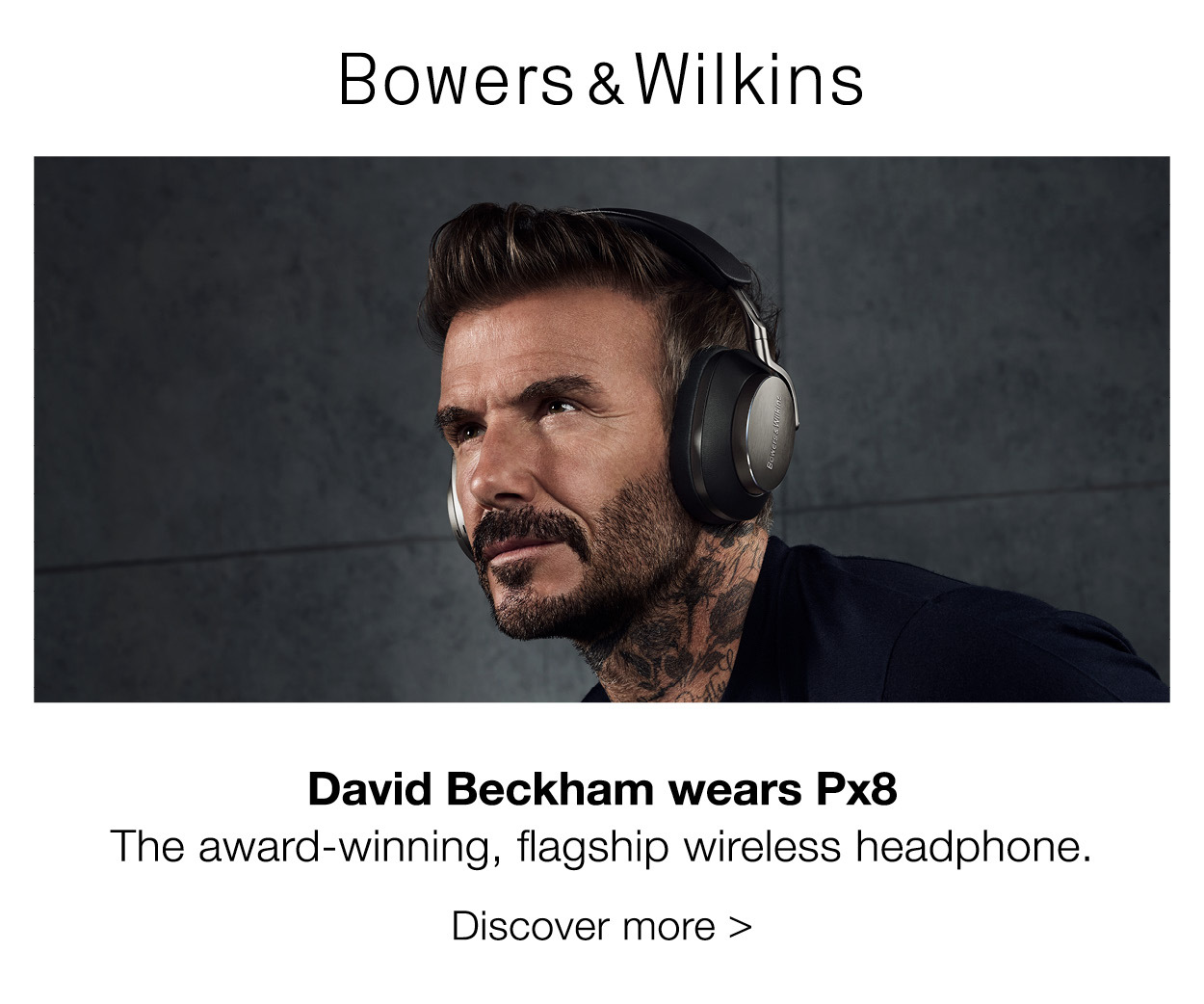Four simple ways to improve your privacy on-and-offline

Yesterday marked the beginning of Privacy Awareness Week, a yearly event designed to raise awareness of how important it is to protect personal information. While mandatory data retention and it's like might make us feel like our privacy is slowly eroding, there's a few easy things we can do to control our on-and-offline privacy on a simpler level.
Put a PIN on your phone
Research conducted by online security software manufacturer Trend Micro showed that 41% of mobile users don’t use a password to protect their device. Considering many of us are always signed into apps that contain a wealth of personal information – such as Twitter and Facebook – there's almost no reason to not lock your phone down a little. Sure, it might mean you need to spend a few extra seconds unlocking your phone every time you use it, but it will be much harder for anyone to use your phone without you knowing.
Don't save passwords in your browser
Trend Micro's research also showed that 61% of individuals let their browser save their passwords. If you keep your computer locked or off whenever you're away from it, this isn't the worst thing that you can do, but if you're not careful, anyone who walks up to your machine can access any website who's password you've saved. In the worst case scenario, it's possible for someone to steal a copy of all your usernames and passwords.
If you want something that can store your passwords, a better option using a password manager such as LastPass or 1Password. These also keep all your passwords in one database, but protect them with almost unbreakable encryption and a master password. For more information, take a look at our password manager round up here.
Use unique passwords
On another password related note, the average person has five passwords for 26 accounts. While that's much better than having one password for 26 accounts, it's still not ideal. The problem with password sharing is that it exposes you to hacking. If you made an account with an online store that got hacked and it had the same password as your bank account or email, it's not just one account that's been compromised, but multiple.
At the very least, any "important" account should have a unique password. Your online banking password should never be the same as any other password. The same goes for your email password, PayPal password and social media accounts.
If you want to take your security to the next level, password managers make it easy to set complex, unique passwords without actually having to remember them. For more information, take a look at our password manager round up here.
Check your Facebook privacy settings
Facebook has the odd habit of occasionally changing privacy settings, but 50% of us don't even check these once a year according to Trend Micro. Clicking on the small lock icon in Facebook's top right hand corner opens up "Privacy Shortcuts" where you can see your basic privacy information, like who can see your posts.
If you click "See More Settings", you've got a few more options, like the ability to limit who can see your old posts. You can also configure settings including whether you want search engines like Google to link to your profile, and whether you want people to be able to look you up using your phone number or email address.
You can also use this pane to lock your page down further, and only give certain friends the ability to see your posts. When you're asked "who should see this", click "More Options" then "Custom". The easiest option is using the "Close Friends" list; this can be added to by going to your friends list, clicking on the "Friends" button next to the person in question and then selecting "Close Friends". Alternatively, if there's just certain friends you don't want to share with, the Custom dialogue lets you make individual exemptions by just entering someone's name.
After you've finished configuring your privacy settings, it's always a good idea to use Facebook's "View As" feature, an option that lets you see your timeline as other people will.







